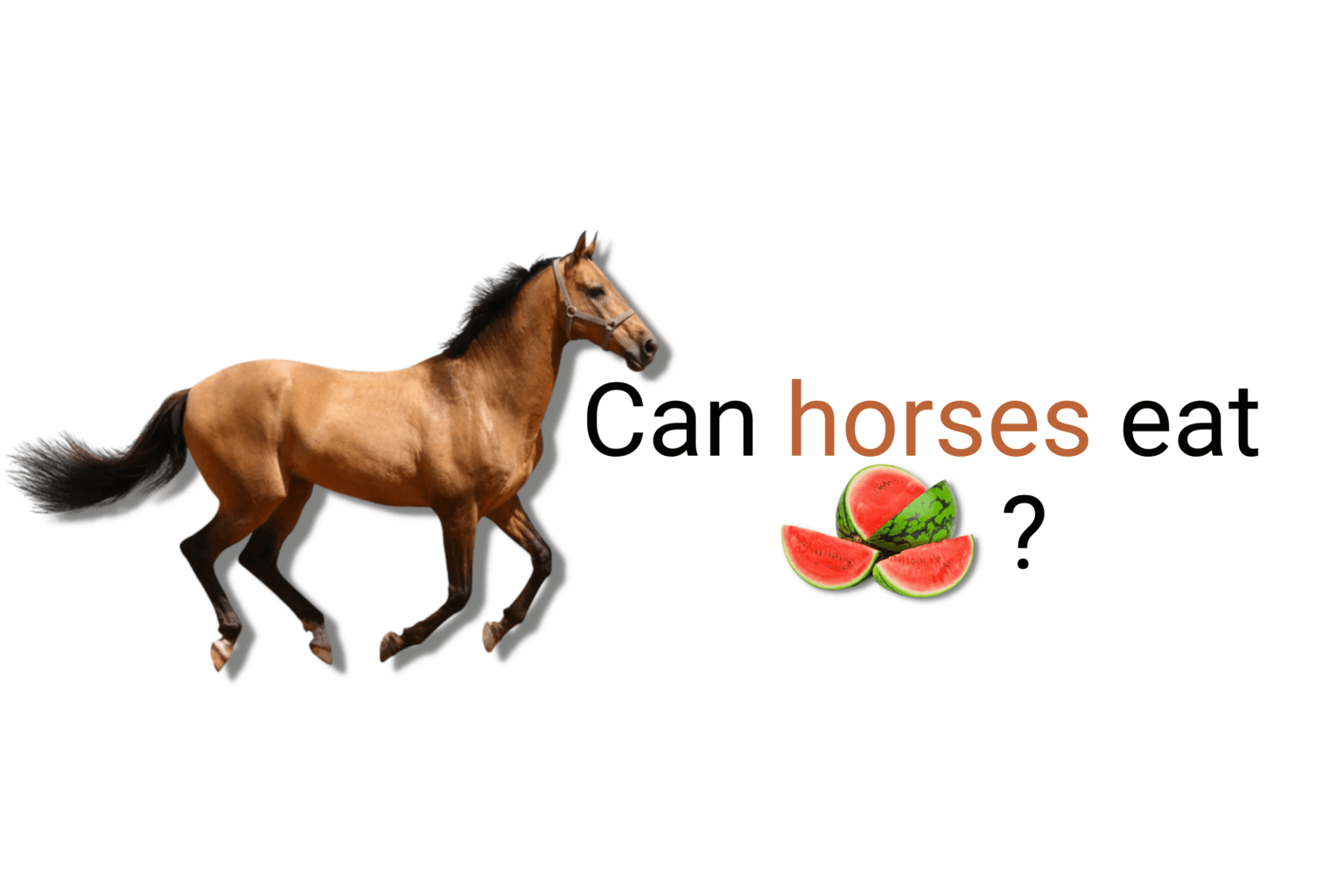
Can horses eat watermelon?
Watermelons are a favorite treat on hot summer days. It’s pretty natural to want to share a treat with your friends – including your equine friends. Although the rinds don’t taste very good to us (unless you hammer them or cook them in a stir-fry), your horse will probably munch on them with zeal. But is it safe for your horse to eat these watermelon rinds? The answer is yes. In small amounts, watermelon rinds are fine. Your horse can also eat the ripe part, seeds and all. Some people won’t like melon, while others will go crazy for it.
Fruit sugars in watermelon
One thing people worry about when feeding watermelon to their horse is the seemifriends—includingtent. As the name implies, watermelon is mostly water. In fact, a serving of watermelon is about 90 percent water. In one cup of diced watermelon, there is about 1 gram of fiber and 9 grams of sugar. This means that about 10% of watermelon is sugar. There are also some vitamins and minerals, mainly vitamins A and C, magnesium and phosphorus.
Sugar occurs naturally in all plants. Even carrots – a favorite root vegetable for horses, often in buckets – can contain about 6 grams of sugar per cup of diced root. The horse’s natural food, pasture grass, also contains sugar. At certain times of the year, the amount of sugar in grass can exceed 25 percent. Over the course of a day, a horse will consume several pounds of sugar. This is only a problem when he eats too much, as too much sugar in the grass can lead to laminitis and colic. As you can see, your horse should eat plenty of watermelon before sugar becomes a problem.
➤ Also Read: Can horses swim?
Watermelon Toxins
People are also concerned about potential toxins in the rind. Watermelon is a member of the cucumber family, and most of us wouldn’t hesitate to eat the rind of a cucumber or feed it to our horse. There is no obscure toxin in the watermelon rind or skin that is only a danger to horses, and as we have seen, watermelon rind can be pickled and eaten by humans.
Some horse owners are concerned about the seeds. The seeds of many fruits contain toxins, but the amount of toxin is so minute that it is unlikely to cause problems. Watermelon seeds can even be roasted for a traditional treat. Also, because the seeds are so tiny, they are unlikely to cause choking, or you can simply buy seedless watermelons to avoid any problems with the seeds.
The only thing you can do before cutting your watermelon is to wash the outside. The rind may be sprayed with pesticides or herbicides, or it may carry bacteria such as E. coli, which can contaminate the flesh when you run the knife through. This is not good for you or your horse. Wash the entire outside of the rind with cool water and a scrub brush before cutting the melon.
Everything in moderation
While it’s okay to occasionally give your horse small amounts of watermelon or share your uneaten rind, a very large amount can cause colic or other problems for your horse’s gut, so you may not want to throw a large amount of half-ripe melons from your garden into the pasture. Also, poorly chewed pieces of feed can cause horses to choke. The rind of watermelons should be cut into small, easily chewed pieces. Otherwise, there’s no reason your horse can’t enjoy this summer treat as we do: in moderation.
Express your equestrian style with our stunning horse-themed clothing! Browse our collection of stylish Horse T-shirts for casual wear or make a fun statement with a playful Horse Costume. Stay cozy and comfortable with our vibrant Horse Socks or showcase your passion for horses with our sleek Horse Leggings. Whether for relaxation or showing off your love for horses, you’ll find the perfect piece to fit your style!






















